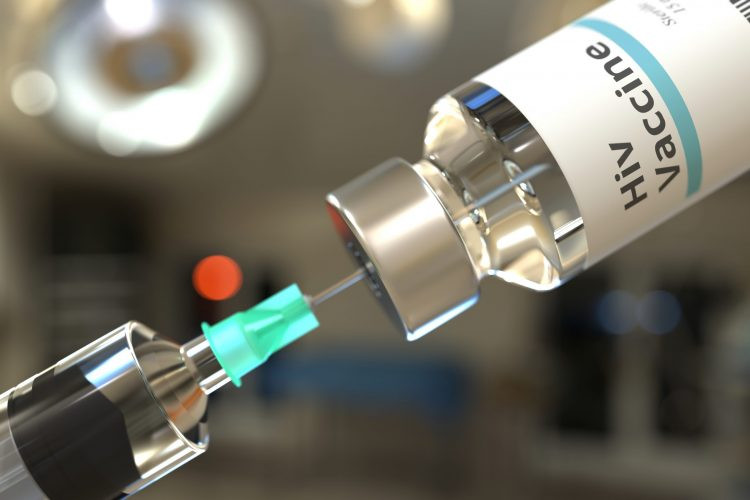
New HIV vaccine with a 97% antibody response rate shows promise in its first phase of trial.
Reports from the IAVI and Scripps Research reveal that the vaccine is being developed to act as an immune primer, to trigger the activation of naïve B cells through the process of germline-targeting.
Dr William Schief, a professor and immunologist at Scripps Research and executive director of vaccine design at IAVI’s Neutralizing Antibody Center, said:
“We and others postulated many years ago that in order to induce bnAbs, you must start the process by triggering the right B cells – cells that have special properties giving them potential to develop into bnAb-secreting cells.
“In this trial, the targeted cells were only about one in a million of all naïve B cells. To get the right antibody response, we first need to prime the right B cells. The data from this trial affirms the ability of the vaccine immunogen to do this.
“This study demonstrates proof of principle for a new vaccine concept for HIV, a concept that could be applied to other pathogens as well. With our many collaborators on the study team, we showed that vaccines can be designed to stimulate rare immune cells with specific properties and this targeted stimulation can be very efficient in humans. We believe this approach will be key to making an HIV vaccine and possibly important for making vaccines against other pathogens.”
To this, a professor and chair of the Department of Immunology and Microbiology at Scripps Research, Dr Dennis Burton, added;
“This is a tremendous achievement for vaccine science as a whole.
“This clinical trial has shown that we can drive immune responses in predictable ways to make new and better vaccines, and not just for HIV. We believe this type of vaccine engineering can be applied more broadly, bringing about a new day in vaccinology.”
Reports reveal that this approach to vaccines will be taken for other related pathogens such as malaria, influenza, Zika Virus and hepatitis C.
Source: Linda Ikeji

 Trump Warns Putin Of Tariffs Over Ukraine War
Trump Warns Putin Of Tariffs Over Ukraine War  Peter Obi Condemns National Assembly’s Vote On State Of Emergency In Rivers State
Peter Obi Condemns National Assembly’s Vote On State Of Emergency In Rivers State  Pornographic Actor Anna Polly Falls And Dies From Hotel Balcony While Filming
Pornographic Actor Anna Polly Falls And Dies From Hotel Balcony While Filming  NYSC Members Set To Receive Monthly Allowance Of 77,000 From March
NYSC Members Set To Receive Monthly Allowance Of 77,000 From March  Why Trump Kicked Ukrainian President Zelenskyy Out Of The White House
Why Trump Kicked Ukrainian President Zelenskyy Out Of The White House  Zoe Saldaña Is The First Dominican-American To Win An Oscar; See All The Winners
Zoe Saldaña Is The First Dominican-American To Win An Oscar; See All The Winners  Commercial Motorbike Rider Fatally Stabbed By Wife Over Financial Dispute
Commercial Motorbike Rider Fatally Stabbed By Wife Over Financial Dispute